Top Tips for Surfing in Fiji
When you think of Fiji, you think of sun, sea and… SURF! Some of the world’s best reef breaks are right here in the tropical waters of Fiji, so of course, you’re thinking about sharing the stoke in Fiji for your next surf getaway. But whether you’re a newbie or a seasoned wave warrior, there are a few things about surfing in Fiji you need to know. Take a look at the Fiji surf tips to get prepared for the waves the right way.
Plus, for more Fiji surf tips, head to The Complete Guide to Surfing in Fiji, as well as the 10 Best Places to Surf in Fiji.
Table of Contents
1. Most of Fiji’s Surf Breaks are Reef Breaks
Don’t expect to run down the beach with your surfboard under your arms and be straight into the wave action. Most of Fiji’s surf breaks are reef breaks, meaning that the waves break over (often shallow) coral reefs. In most cases, you will need to take a boat out to reach the surf breaks, but don’t worry! Fiji’s surf resorts and operators can sort out the boat transport for you.
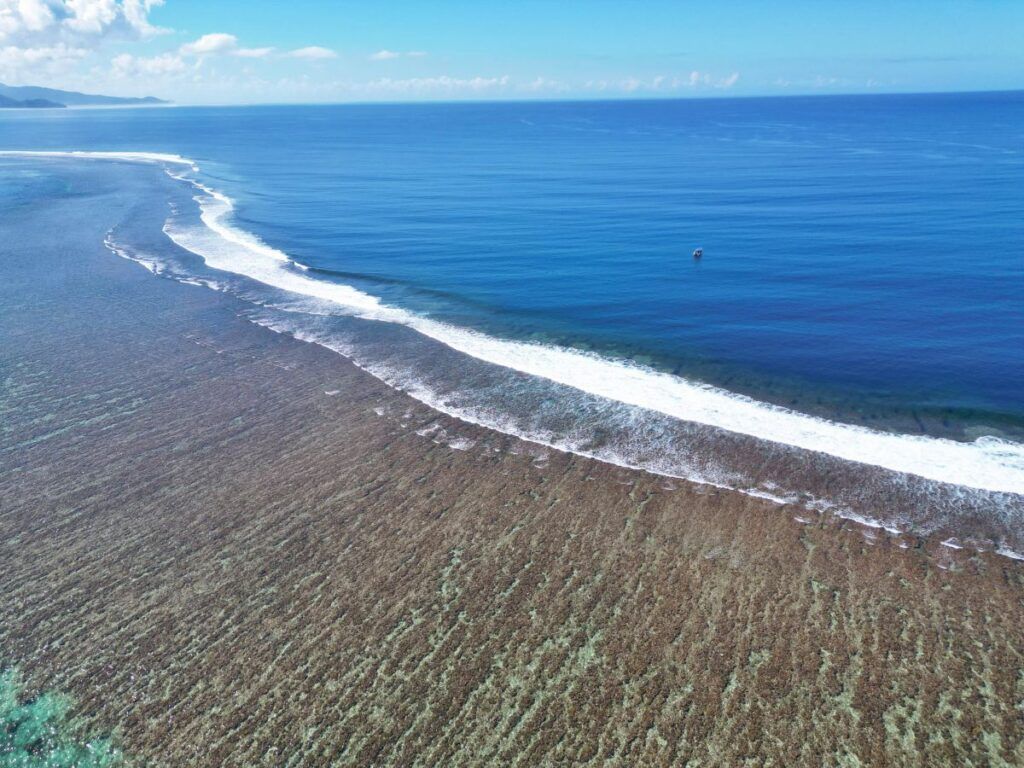 © FijiPocketGuide.com
© FijiPocketGuide.com2. You Will Mostly Be Surfing at High Tide
In relation to the point above, high tide is usually the safest and best time to hit the surf breaks in Fiji. Because most breaks are located over coral reefs, having more water between you and the dangerous reefs below can only be a good thing. Expect more surf boat trips to depart for high tide.
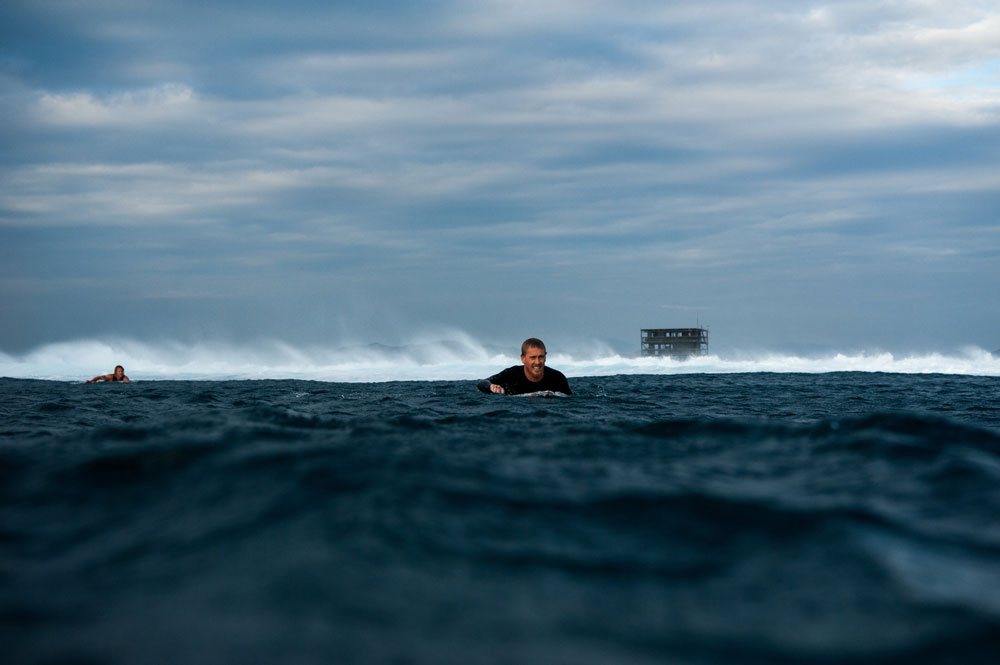 © Tourism Fiji
© Tourism Fiji3. But if You Can Go Surfing in the Morning, Do It!
If the right conditions and high tide coincide with the morning, try to choose the morning option for your day’s surfing. Weather conditions are usually a lot calmer in the morning, with the wind picking up in the afternoon. Plus, you’ll be back at the resort in time for happy hour.
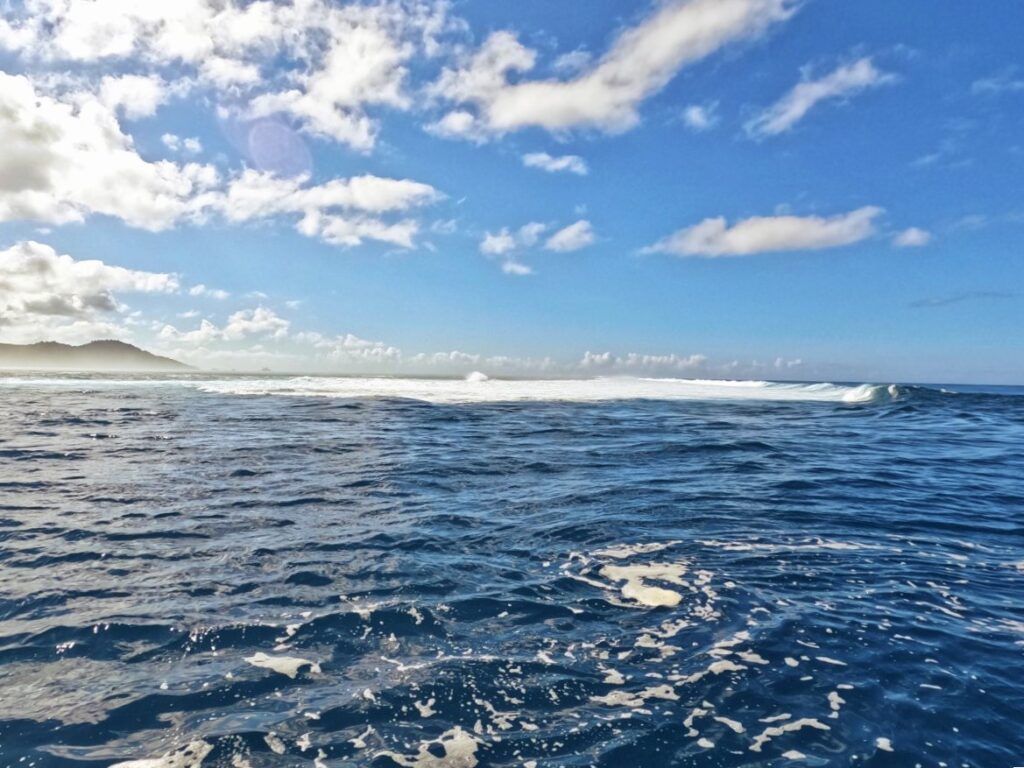 © FijiPocketGuide.com
© FijiPocketGuide.com4. Pack a Few Different Boards
Ok, so not all of us have a few different boards, but if you are a keen surfer with a keen selection of boards to choose from, it’s worth packing a couple of different boards so that you don’t get caught out by the ever-changing swell. We’re thinking: a shortboard, fish or longboard for the small-to-medium days and a larger semi-gun for the big days. (By big days, we mean the huge swells that make their way through Fiji during the winter – more on that in the point below).
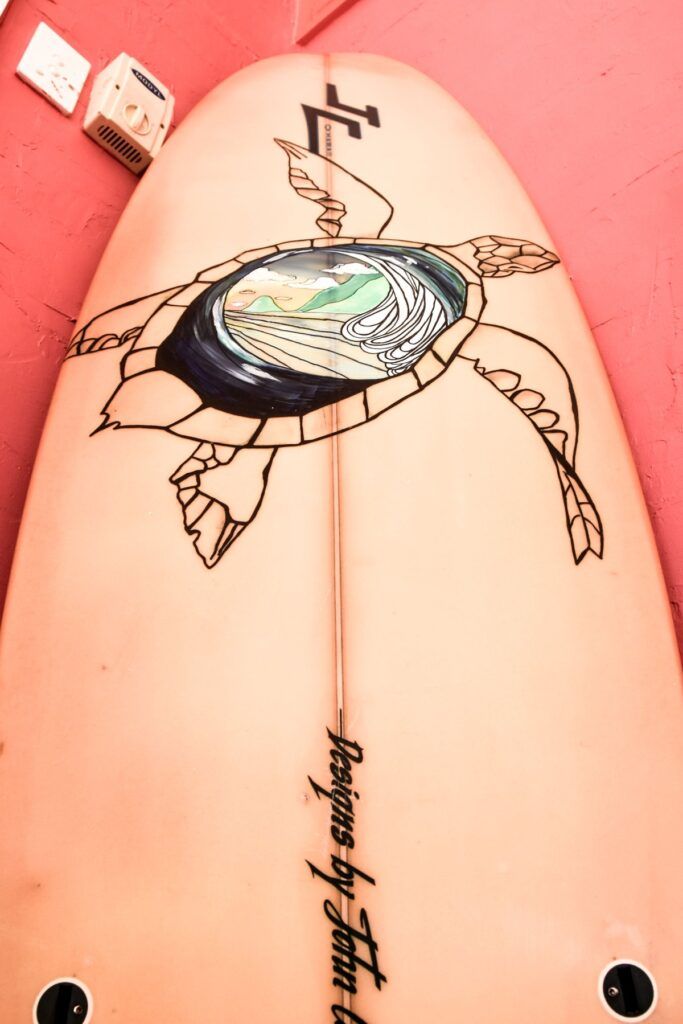 © FijiPocketGuide.com
© FijiPocketGuide.com5. Fiji Has Two Distinct Surf Seasons
You can surf all year round in Fiji, but there are two seasons that usually determine the wave size in Fiji. The “winter” season runs between April and October, bringing with it the large swells to create the best surfing conditions for competent surfers. The summer season in Fiji, between November and March, is known for calmer waves. Find out more in our guide to The Best Time to Surf in Fiji.
 © FijiPocketGuide.com
© FijiPocketGuide.com6. Wear Booties
Sure, not all of us like to wear them, but you might just be thankful you have booties for surfing in Fiji. They not only provide good protection from the coral when you’re out on the reefs, but often, you will have to walk over coral to get between the surf boat and the shore.
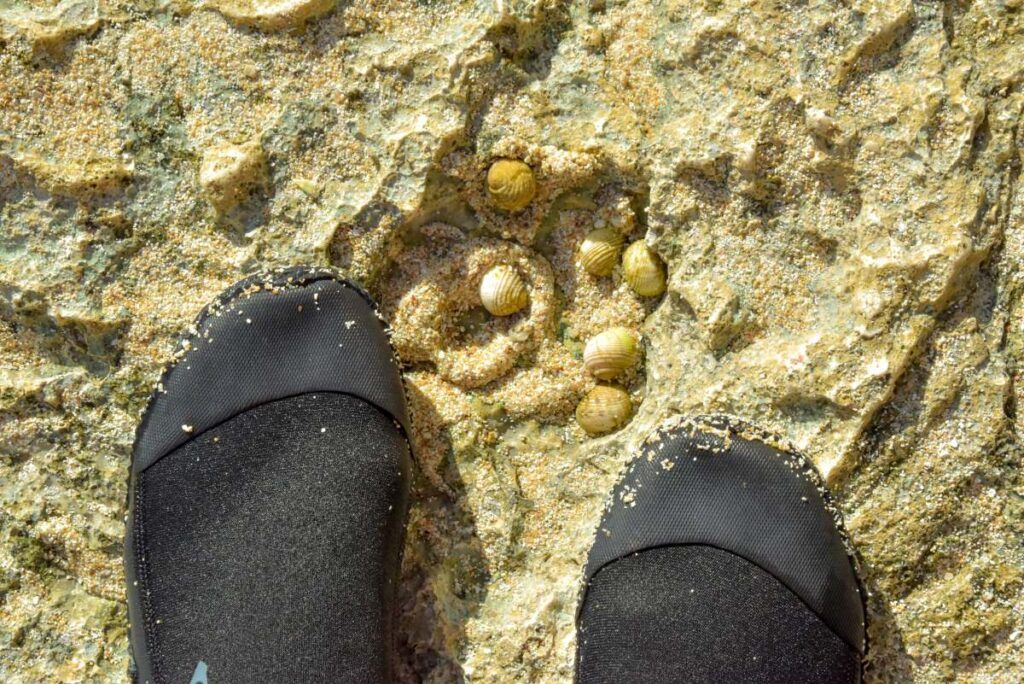 © FijiPocketGuide.com
© FijiPocketGuide.com7. Protect Yourself from the Sun
Yep, Fiji is a tropical island, so you will need to wear sun protection no matter what time of the year you visit. Even in Fiji’s warm air and water temperatures, it’s recommended to wear rashies or wet-suit tops, as well as slapping on the sunscreen regularly! Don’t forget to use coral-safe sunscreen so you don’t damage the delicate environment you are surfing in – check out the 10 Best Environmentally-Friendly Sunscreens.
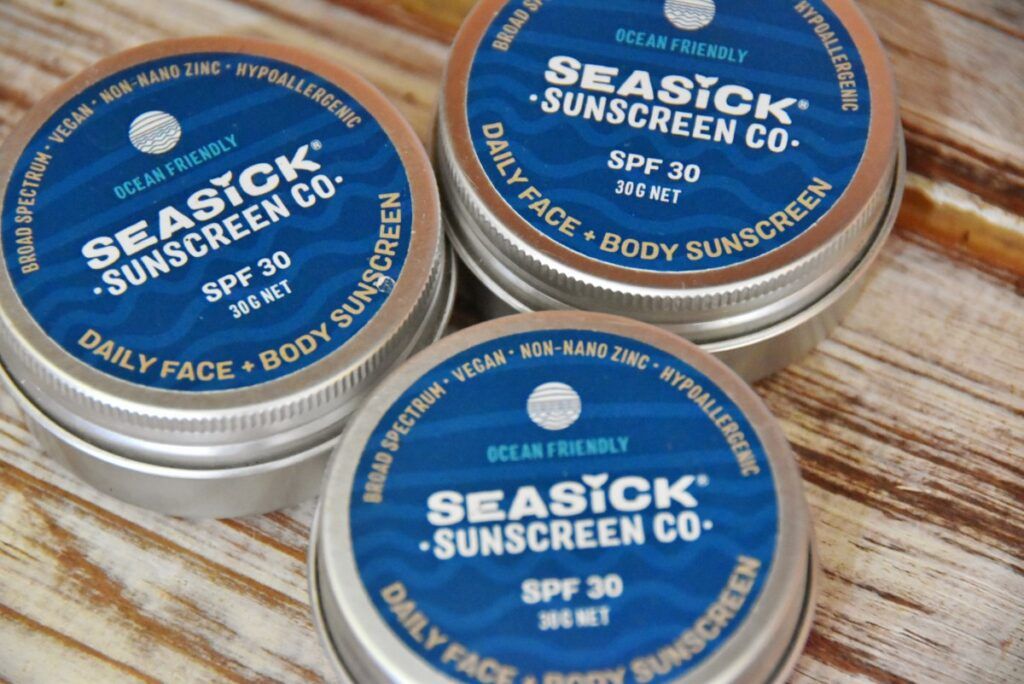 © FijiPocketGuide.com
© FijiPocketGuide.com8. You Can Still Surf in Fiji if You are a Beginner
Fiji might be a pro-surfer’s paradise, but there are still plenty of options for beginners. Surf lessons are available at some of Fiji’s surf resorts, as well as at Fiji surf schools, which will only teach you on much safer beach breaks. On top of that, there are some friendly reef breaks around that are much more approachable for beginner-to-intermediate surfers, especially on the Coral Coast. If you’re unsure of where to go, it’s best to seek advice from the experts at a surf resort or surf school – we list a few in The Complete Guide to Surfing in Fiji.
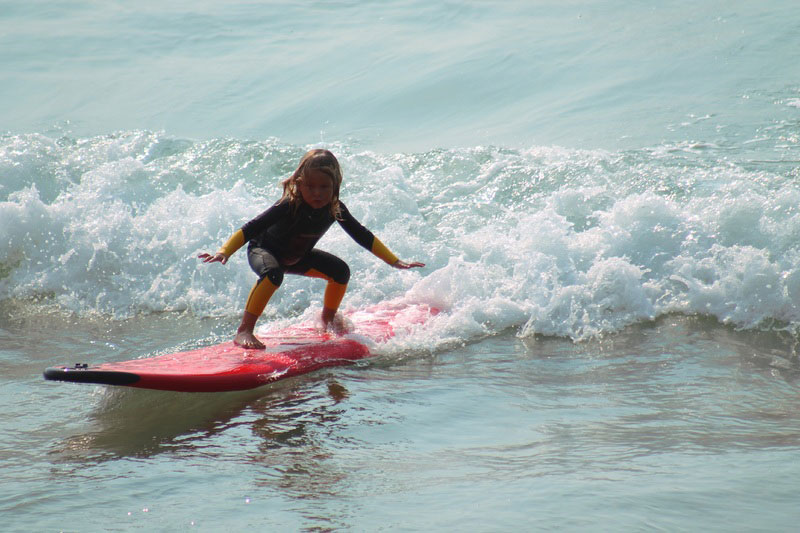 © Pxhere
© Pxhere9. Surfing Etiquette Still Applies in Fiji
Don’t be “that” guy who hogs all the waves. Just like anywhere, surfers still respect the etiquette of surfing while in Fiji. Just as a quick reminder: don’t paddle in front of others; the surfer closest to the peak goes first, and just share the waves with others.
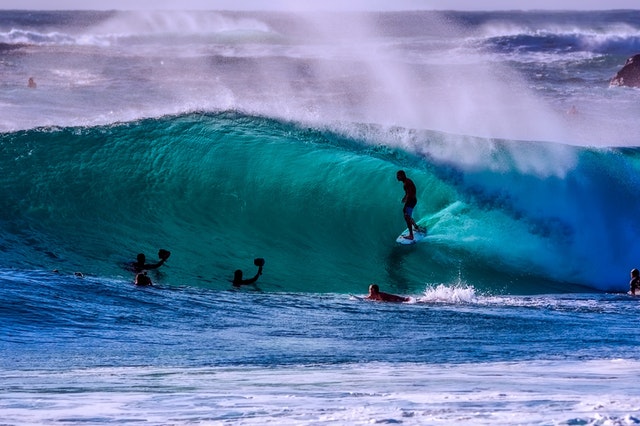 © Pexels
© Pexels10. Take a Day Bag for the Boat
Remember to pack yourself a day bag for your board and to pack some stuff for your trip out on the water. As well as all the obvious things like your surfboard and leash, make sure you also pack some wax, a repair kit, sunscreen, snacks and plenty of water! Note that surf supplies are limited in Fiji, although we do mention some surf shops in The Complete Guide to Surfing in Fiji, so it’s best to bring whatever you can from home if you have it. For other essentials, check out the Fiji Packing List: What to Pack for Fiji.
 © FijiPocketGuide.com
© FijiPocketGuide.comMore About Fiji Surfing
That’s it for our guide to surfing in Fiji; for more information about water activities, check out the following articles:
- 10 Best Surf Resorts in Fiji
- The Guide to Stand-Up Paddleboarding in Fiji
- 10 Best Places to Surf in Fiji
Finally, if there’s anything we’ve missed, you’re likely to find it in The Complete Guide to Surfing in Fiji.
Sources:
The information in this guide has been compiled from our extensive research, travel and experiences across Fiji and the South Pacific, accumulated over more than a decade of numerous visits to each destination. Additional sources for this guide include the following:
- Tourism Fiji (General travel advice - Updated [2025])
- Fiji Hotel and Tourism Association (Tourism trade association - Updated [2025])
- SPTO (Pacific tourism advice - Updated [2025])
- Ministry of Tourism and Civil Aviation (Tourism statistics - Updated [2025])
- Land Transport Authority (Road safety advice - Updated [2025])
- Fiji Immigration (Visa and immigration advice - Updated [2025])
- Fiji Revenue & Customs Service (Customs and visitor taxes - Updated [2025])
- Biosecurity Authority of Fiji (Biosecurity advice - Updated [2025])
- Fiji Meteorological Service (Weather forecast and warnings - Updated [2025])
- Fiji Bureau of Statistics (Statistics and travel data - Updated [2025])
- Safe Travel (New Zealand travel advisory for Fiji - Updated [2025])
- Smart Traveller (Australia travel advisory for Fiji - Updated [2025])
- Travel.State.Gov (U.S. travel advisory for Fiji - Updated [2025])
Our editorial standards: At Fiji Pocket Guide, we uphold strict editorial standards to ensure accurate and quality content.

About The Author
Robin (Ruveni) C.
This article was reviewed and published by Robin, the co-founder of Fiji Pocket Guide. He has lived, worked and travelled across 16 different countries before settling in the South Pacific, so he knows a thing or two about planning the perfect trip in this corner of the world. Robin is also the co-founder of several other South Pacific travel guides and is a regular host of webinars with the South Pacific Tourism Organisation.

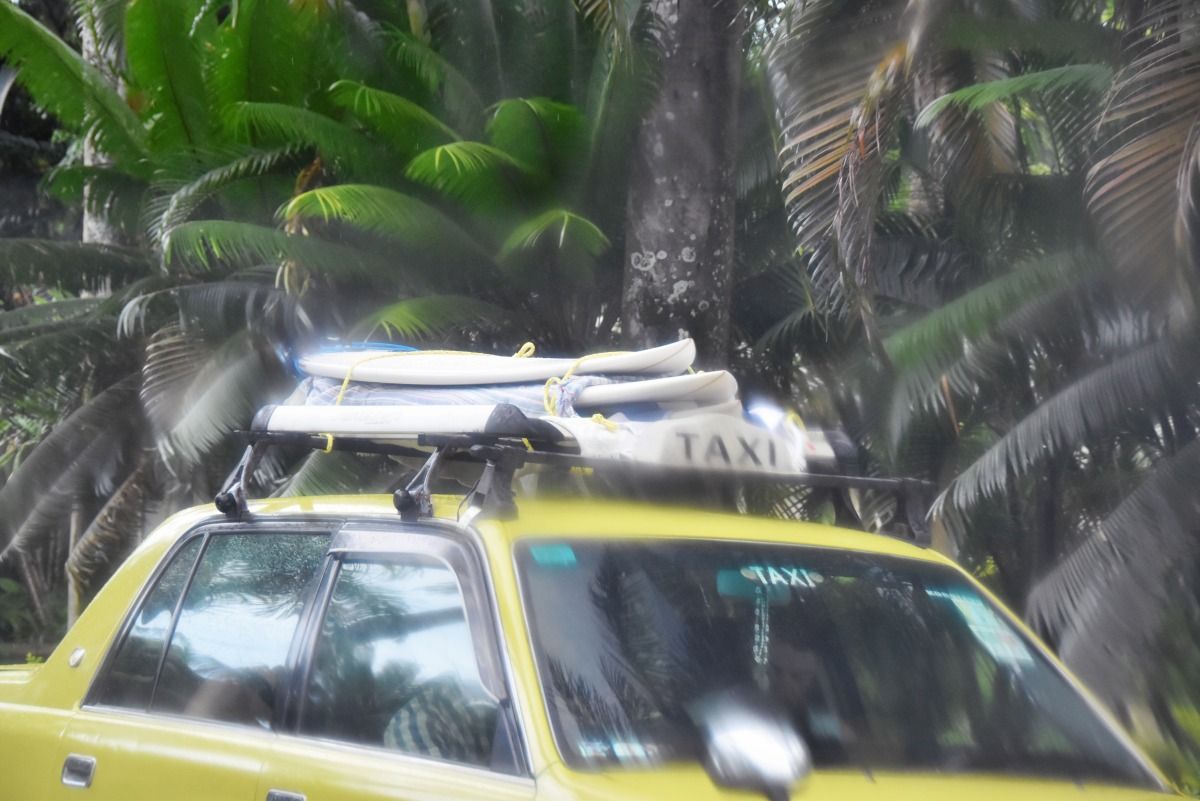


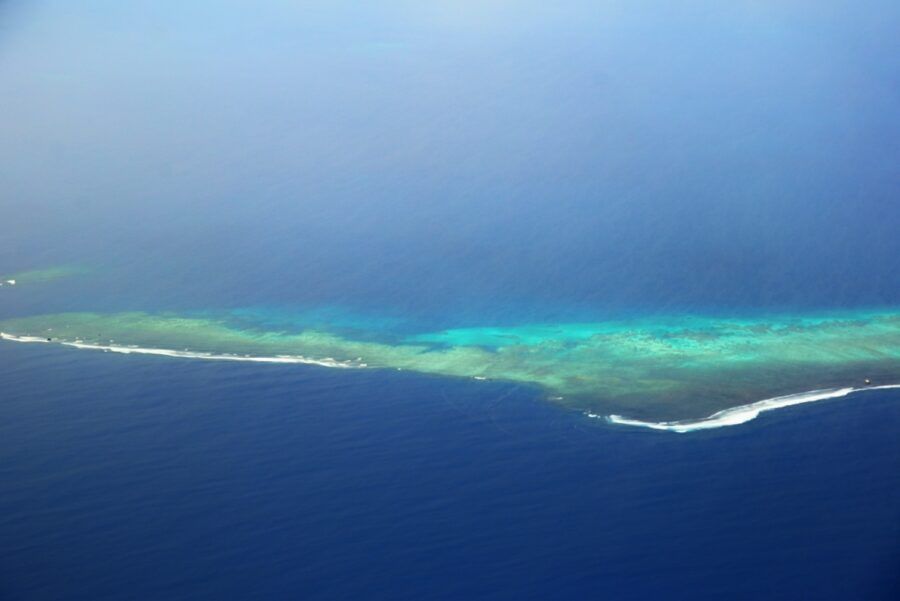
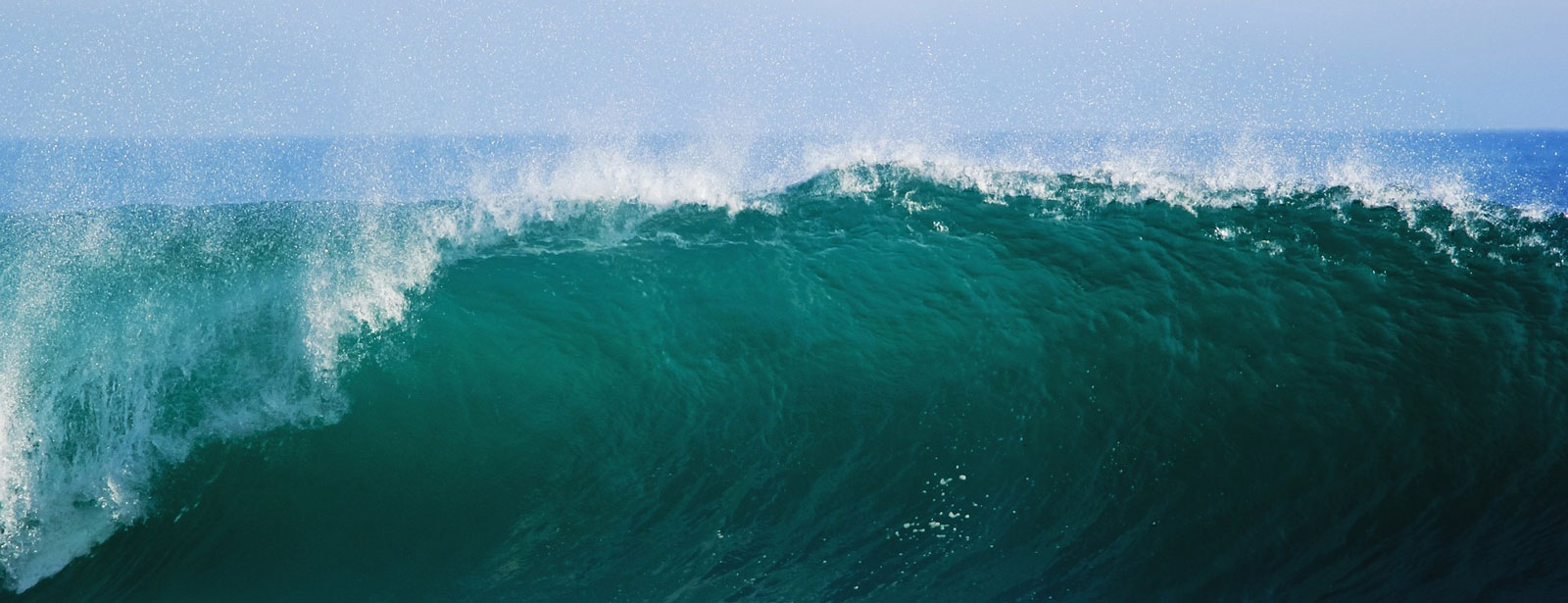

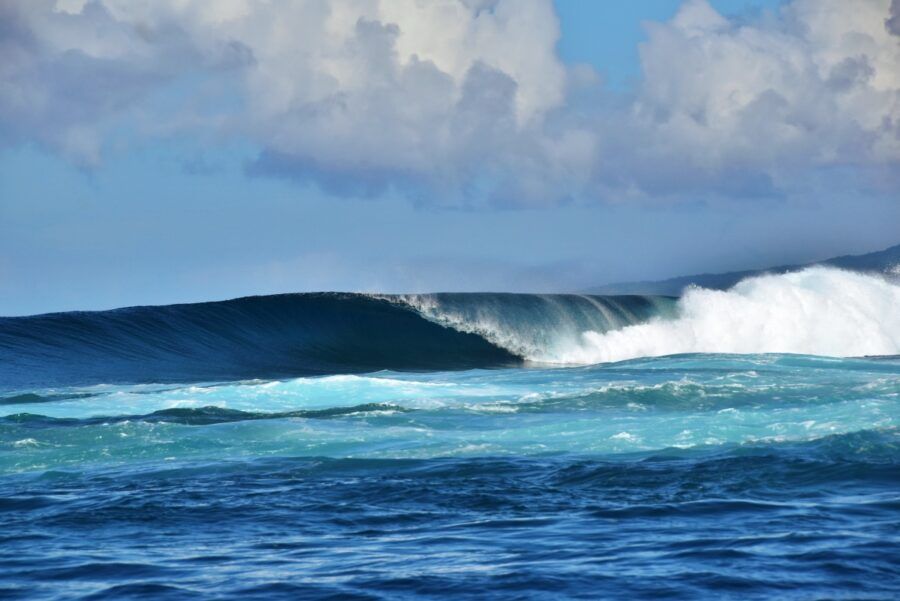
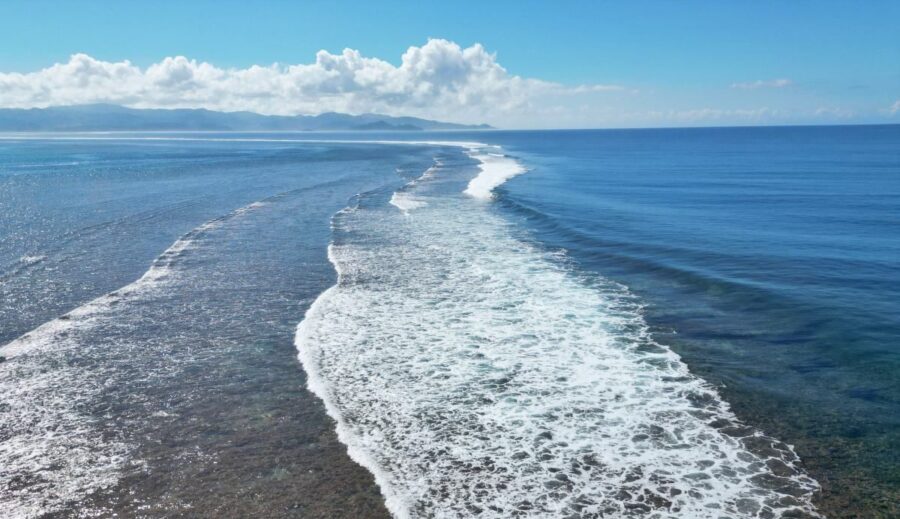
![Fiji Surf Guide 🏄 The Complete Guide to Surfing in Fiji [2025]](https://fijipocketguide.com/wp-content/uploads/2024/09/Reef-Waves-Kadavu-Surf-6-CREDIT-Fiji-Pocket-Guide--900x675.jpg)